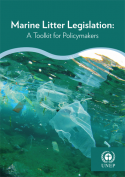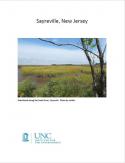
Research Reports
ELI publishes Research Reports available for free download that present the analysis and conclusions of the policy studies ELI undertakes to improve environmental law and policy. These reports contribute to education of the profession and disseminate diverse points of view and opinions to stimulate a robust and creative exchange of ideas. Those publications, which express opinions of the authors and not necessarily those of the Institute, its Board of Directors, or funding organizations, exemplify ELI’s commitment to dialogue with all sectors.
In this case study, the University of North Carolina Institute for the Environment and the Environmental Law Institute examine floodplain buyouts in Sayreville, New Jersey that were funded by the Hazard Mitigation Grant Program.
Back to list of floodplain buyout case studies
Read More >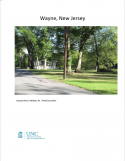
In this case study, the University of North Carolina Institute for the Environment and the Environmental Law Institute examine floodplain buyouts funded through the Hazard Mitigation Grant Program in Wayne, New Jersey.
Back to list of floodplain buyout case studies
Read More >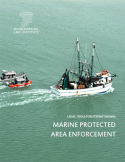
Around the globe, nations are creating marine protected areas (MPAs) that prohibit some or all fishing and other potentially harmful activities. MPAs can allow sensitive habitats and ecosystems to prosper in a natural state and can enable recovery of commercial, recreational, and subsistence fisheries, among other benefits. All too often, however, MPAs exist only on paper. These countries may lack strong legal authority to enable enforcement in their MPAs, further limiting their ability to detect and prosecute offenses.
Read More >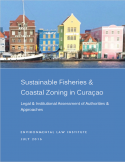
In February 2015, the Government of Curaçao and the Waitt Institute signed a memorandum of understanding to launch Blue Halo Curaçao (BHC), a comprehensive ocean and coastal management initiative with a goal of achieving the sustainable management of Curaçao’s ocean and coastal waters. BHC seeks to develop a Curaçao Sustainable Ocean Policy that will ensure long-term health of Curaçao’s waters through ocean zoning, protected areas, and fisheries reforms.
Read More >